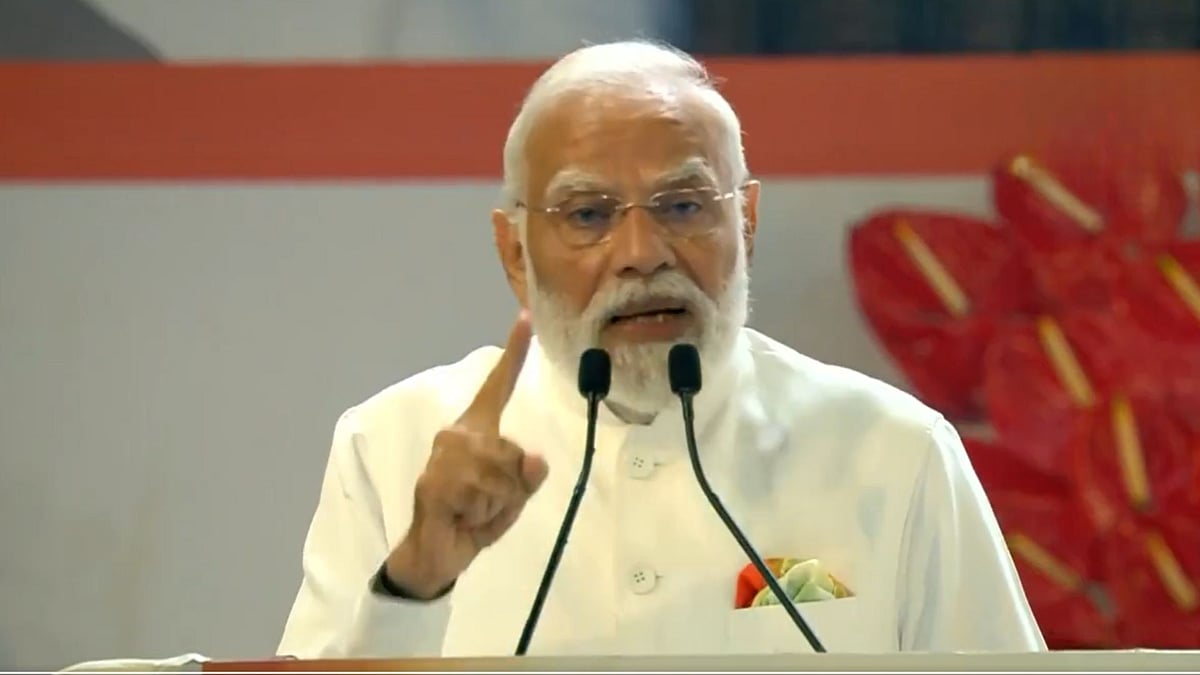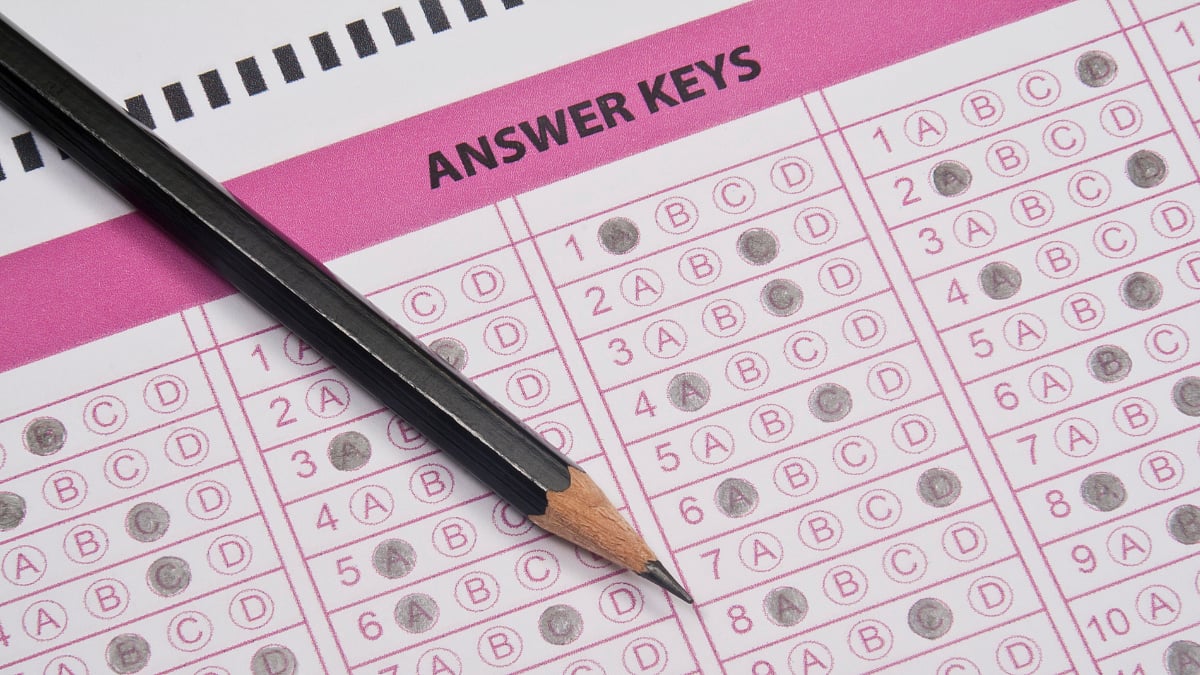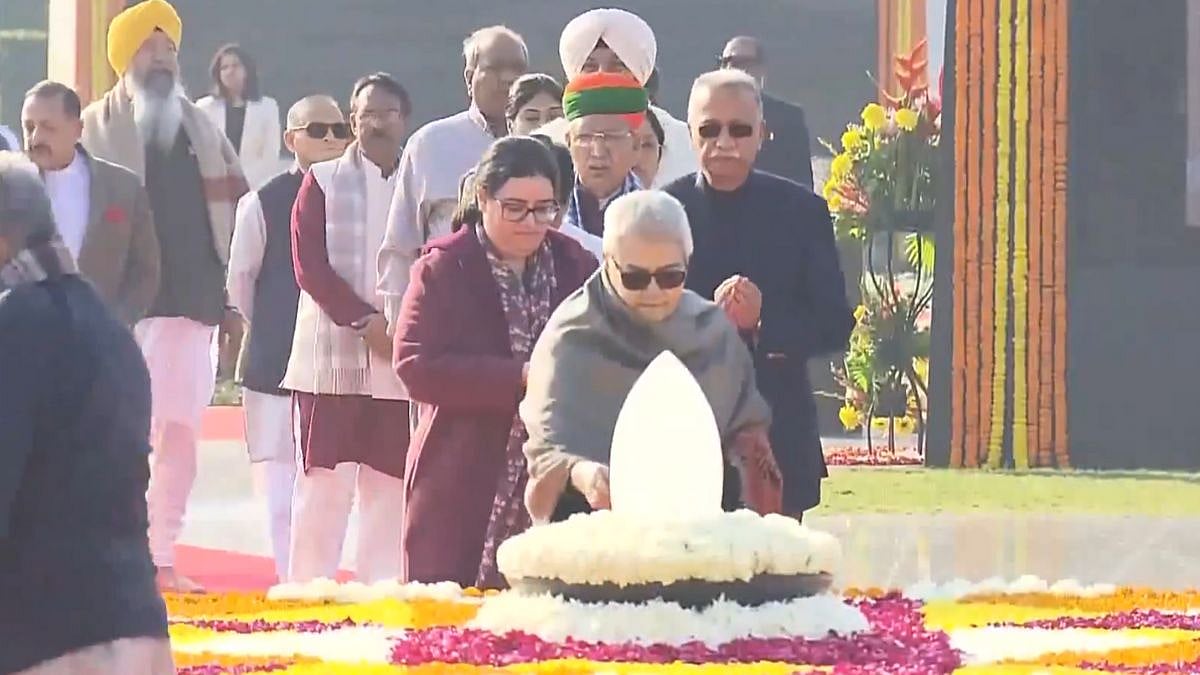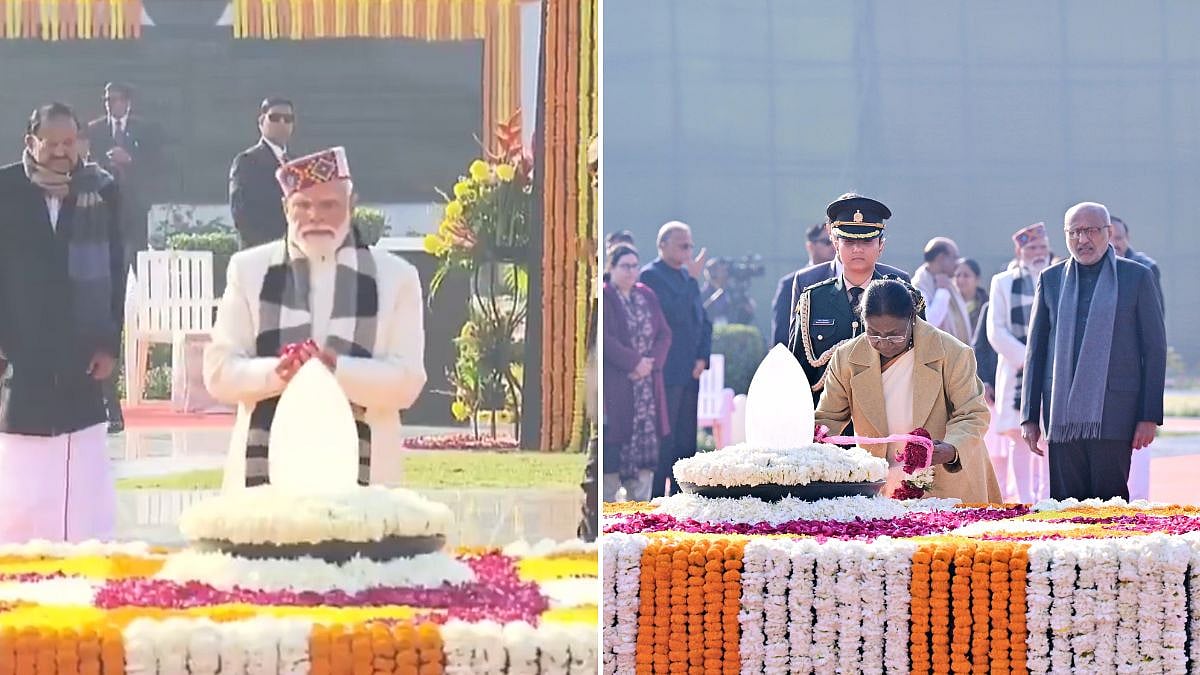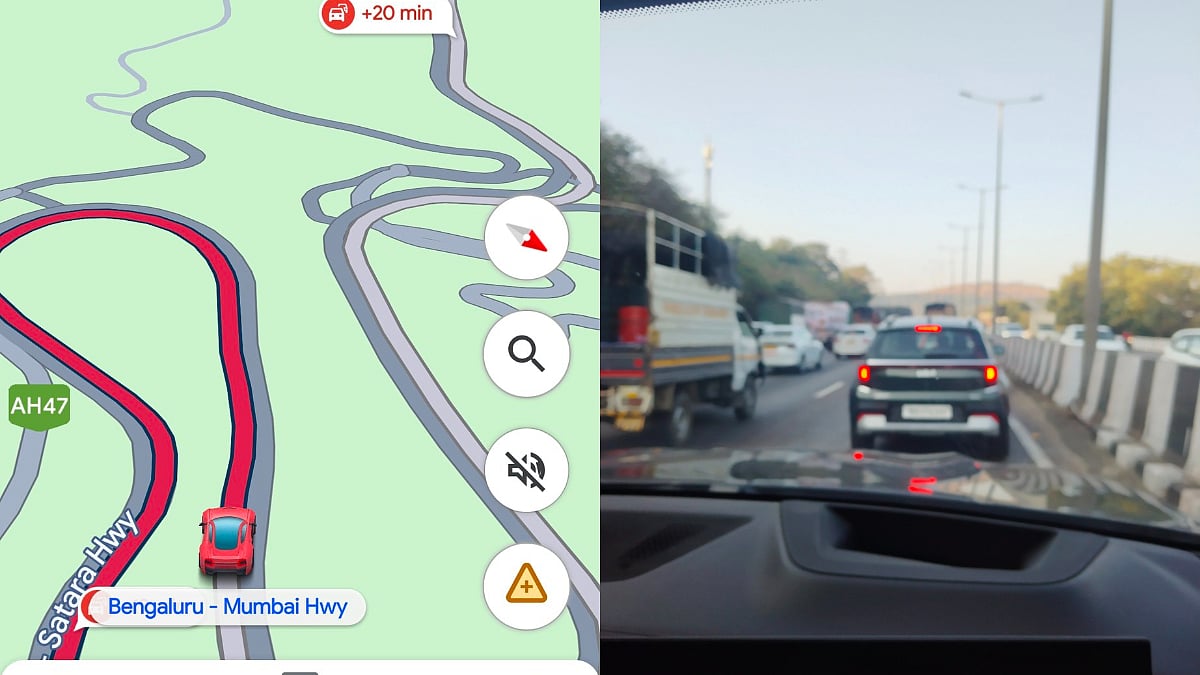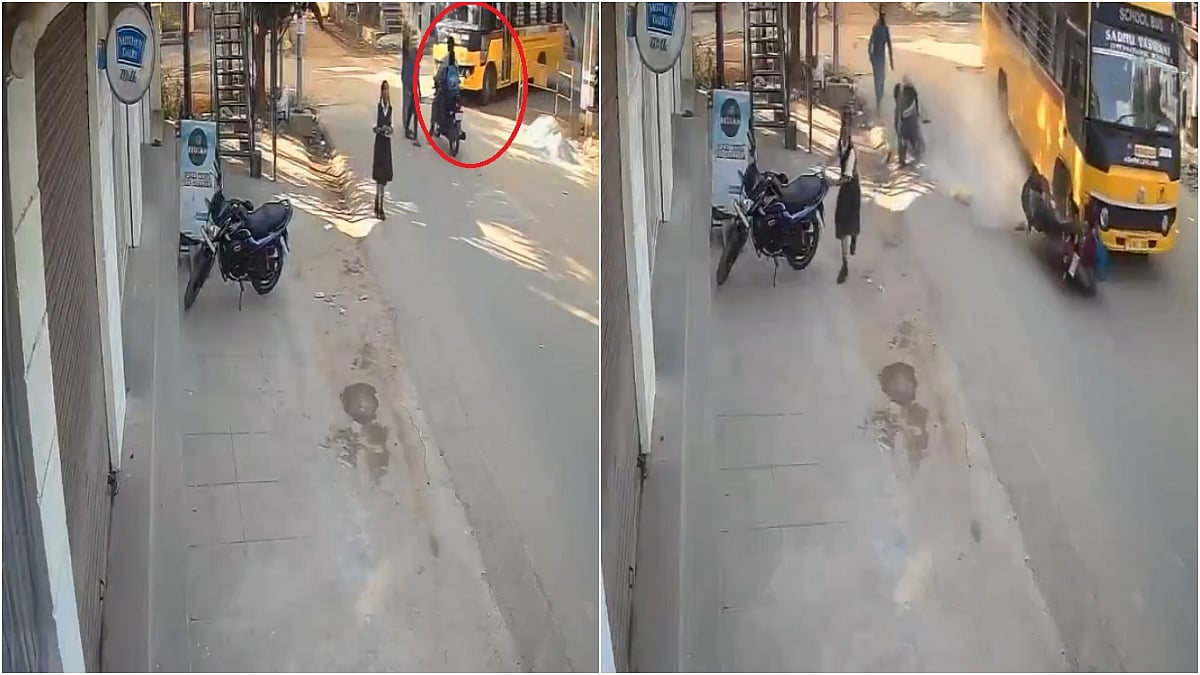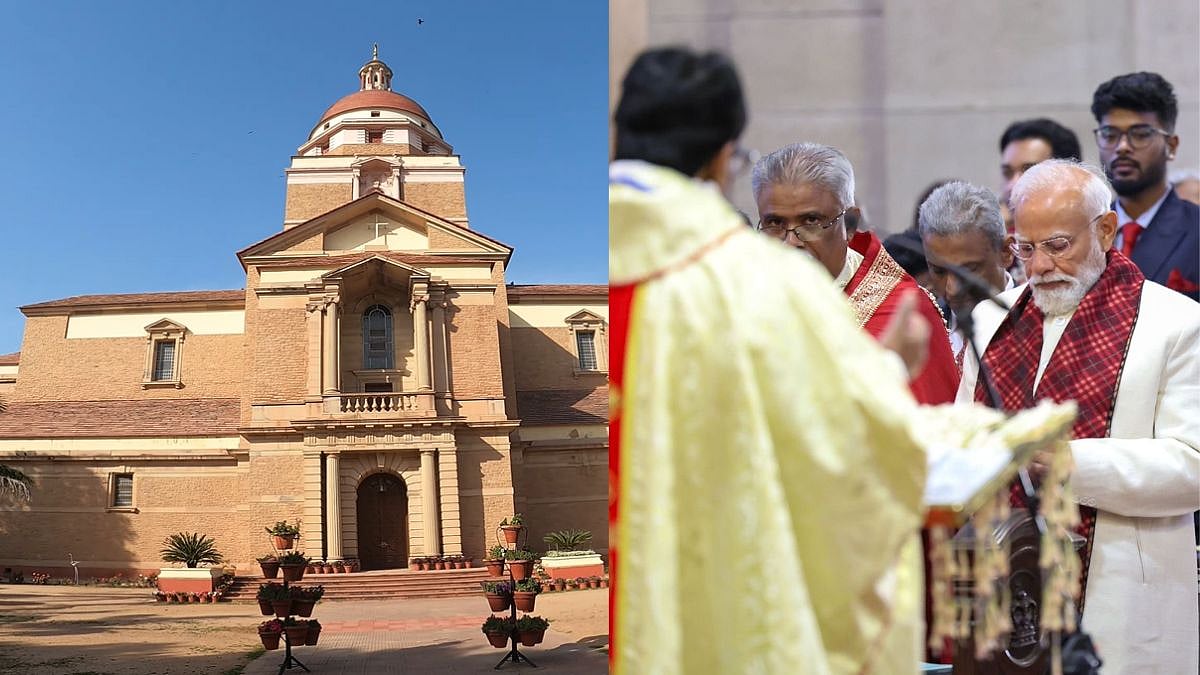New Delhi: Prime Minister Narendra Modi on Friday, November 7, inaugurated the year-long commemoration of 150 years of Vande Mataram at the Indira Gandhi Indoor Stadium in New Delhi.
Calling the song a guiding light of India’s freedom struggle and a symbol of enduring unity, he also unveiled a commemorative coin and postal stamp to mark the occasion.
PM links 1937 division of ‘Vande Mataram’ to partition
In his address, Modi reflected on the significance of Vande Mataram and claimed that its fragmentation in 1937 "weakened" the spirit of national unity. “In the freedom struggle, the spirit of Vande Mataram illuminated the entire nation, but unfortunately, in 1937, a part of its soul was severed by separating the important stanzas of Vande Mataram. Vande Mataram was fragmented, torn into pieces. This very division of Vande Mataram also sowed the seeds of the country’s partition,” he said.
He added that it was vital for younger generations to understand why such an injustice occurred, warning that “the same divisive mindset remains a challenge for the country even today.”
Have a look at his statement here:
150 years of a national legacy
Modi said Vande Mataram played a defining role in dismantling colonial narratives. “In the era of slavery, just as the British justified their rule by portraying India as inferior and backward, this first line completely shattered that malicious propaganda. Therefore, Vande Mataram not only became a song of independence, but it also presented the dream of what independent India would be like, 'sujalam sufalam', before millions of countrymen,” he said.
The Prime Minister also recalled Mahatma Gandhi’s words from 1927, saying Vande Mataram depicted the image of an undivided India and continues to resonate with patriotic spirit whenever the national flag is hoisted.
The nationwide observance featured large-scale public recitals of the complete version of Vande Mataram across schools, institutions and community spaces. Written by Bankim Chandra Chatterjee in his 1882 novel Anandamath, the song was declared India’s national song in 1950, holding equal honour alongside the national anthem Jana Gana Mana.
